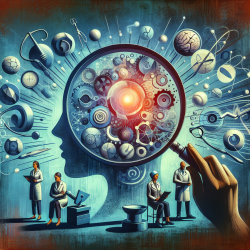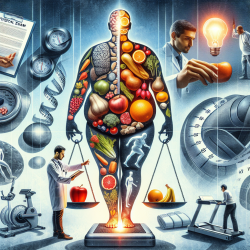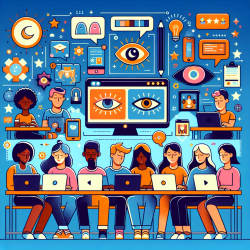Introduction
The intersection of law and emotions, particularly in the context of disability rights, offers a compelling framework for understanding how legal systems can either perpetuate or dismantle ableist structures. The research article "Exploring the relationship of law and emotions in the context of Disability Rights jurisprudence" by Sanjay Jain provides a critical examination of how emotions like empathy, dignity, and compassion can be infused into legal regimes to combat the stigmatization of disabilities.
Understanding the Relationship Between Law and Emotions
Jain's work underscores the importance of integrating positive emotions into legal frameworks to foster an inclusive society. By examining the United Nations Convention on Rights of Persons with Disabilities (UNCRPD) and the Rights of Persons with Disabilities Act 2016 (RPwD Act), the article advocates for a legal system that recognizes and respects the diversity and humanity of persons with disabilities (PWDs).
Key Takeaways for Practitioners
Practitioners in the field of disability rights can enhance their advocacy by focusing on the following aspects:
- Infusion of Positive Emotions: Encourage the incorporation of empathy, dignity, and compassion in legal practices to create a more inclusive environment for PWDs.
- Empirical Research: Conduct studies to understand how emotions influence legal decisions, particularly in adjudicating the rights of PWDs.
- Reformative Legal Frameworks: Advocate for reforms that challenge ableist legal structures and promote the inclusion of PWDs in all aspects of society.
The Role of Emotions in Legal Reforms
The article highlights the potential of emotions to transform legal systems. By recognizing emotions as integral to legal reasoning, practitioners can advocate for policies that are not only legally sound but also emotionally resonant. This approach can lead to more humane and equitable outcomes for PWDs.
Encouraging Further Research
While Jain's article provides a robust framework for understanding the interplay between law and emotions, it also opens avenues for further research. Practitioners are encouraged to explore how different emotions can be leveraged to promote the rights of PWDs and to challenge existing legal norms that may be inherently discriminatory.
Conclusion
By embracing a legal framework that values positive emotions, practitioners can contribute to a more inclusive and empathetic society. This approach not only benefits PWDs but also enriches the legal system as a whole, fostering a culture of dignity and respect for all individuals.
To read the original research paper, please follow this link: Exploring the relationship of law and emotions in the context of Disability Rights jurisprudence.










